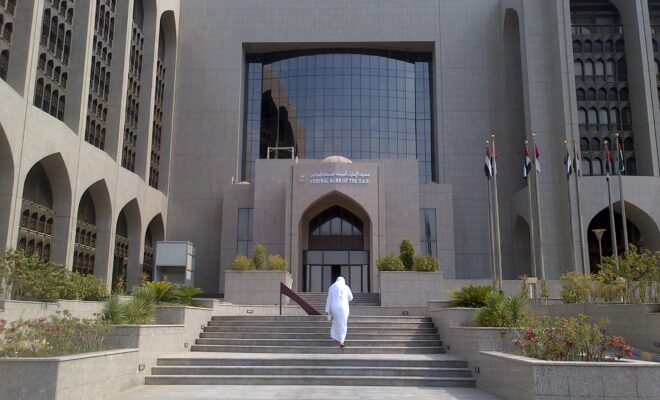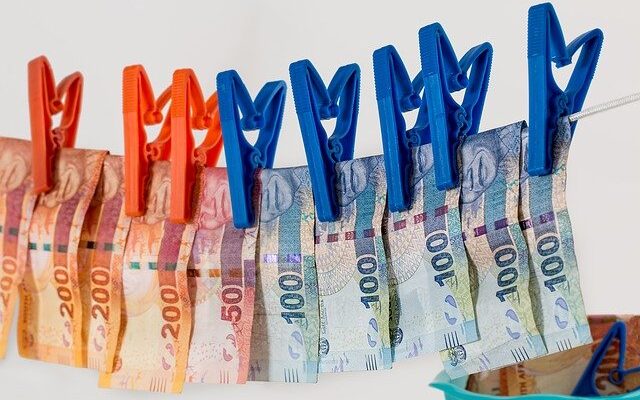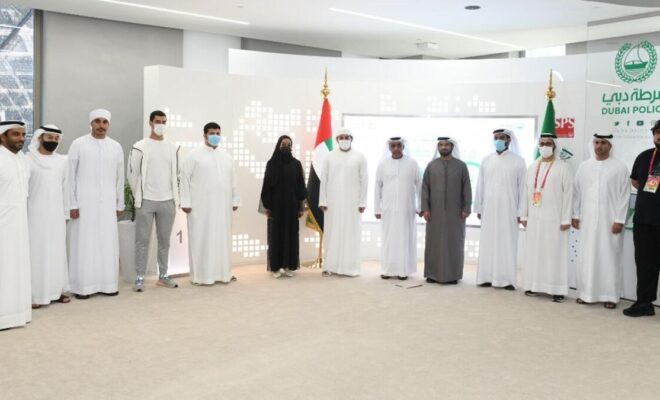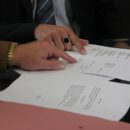UAE Central Bank Issues Guidance for Licensed Exchange Houses to Combat Money Laundering

The UAE Central Bank issued guidelines to help licensed exchange houses to combat money laundering and the financing of terrorism. The rules will assist in the effective enforcement of the statutory Anti-Money Laundering and Combating the Financing of Terrorism (AML/CFT) obligations for licensed exchange houses and also help them to understand the risks associated with the same, the regulator said on Wednesday.
The guidance, which also takes Financial Action Task Force standards into account, came into effect on Wednesday. Licensed exchange houses have been given a month to comply.
“We want to ensure that all licensed exchange houses in the UAE understand their AML/CFT responsibilities, have adequate programmes to identify and mitigate AML/CFT risks in their operations and comply fully with their statutory obligations,” Central Bank Governor Khaled Balama said.
The UAE, the Arab world’s second-largest economy, has strict laws to prevent money laundering and the financing of terrorism and has issued several regulations over the past couple of years to clamp down on financial crimes.
Earlier this year, the country established the Executive Office of Anti-Money Laundering and Counter Terrorism Financing, an agency to deal with money launderers, organisations and people suspected of financing terrorists and organised crime.
In November last year, the Ministry of Economy set up an anti-money laundering department while a court was established in Abu Dhabi to tackle money laundering and tax evasion.
Exchange houses are considered to be highly important in terms of risk and materiality in the UAE, which is increased notably by their exposure to cash and cross-border transactions, the Central Bank said.
“Licensed exchange houses must take a risk-based AML/CFT approach by conducting a regular risk assessment process that covers all commensurate risks to their exchange business”, including customer, product and service, delivery channel, new technology, geographic, counterparty and illicit finance risks, it said.
The banking regulator last year also instructed all hawala providers – informal fund transfer agents operating outside the banking system – to register with it to strengthen oversight of money transfers.
The UAE has also joined other countries to crack down on money laundering. In August, the Financial Intelligence Unit joined forces with the China Anti-Money Laundering Monitoring and Analysis Centre to exchange information necessary for the fight against global money laundering and terrorism financing.













